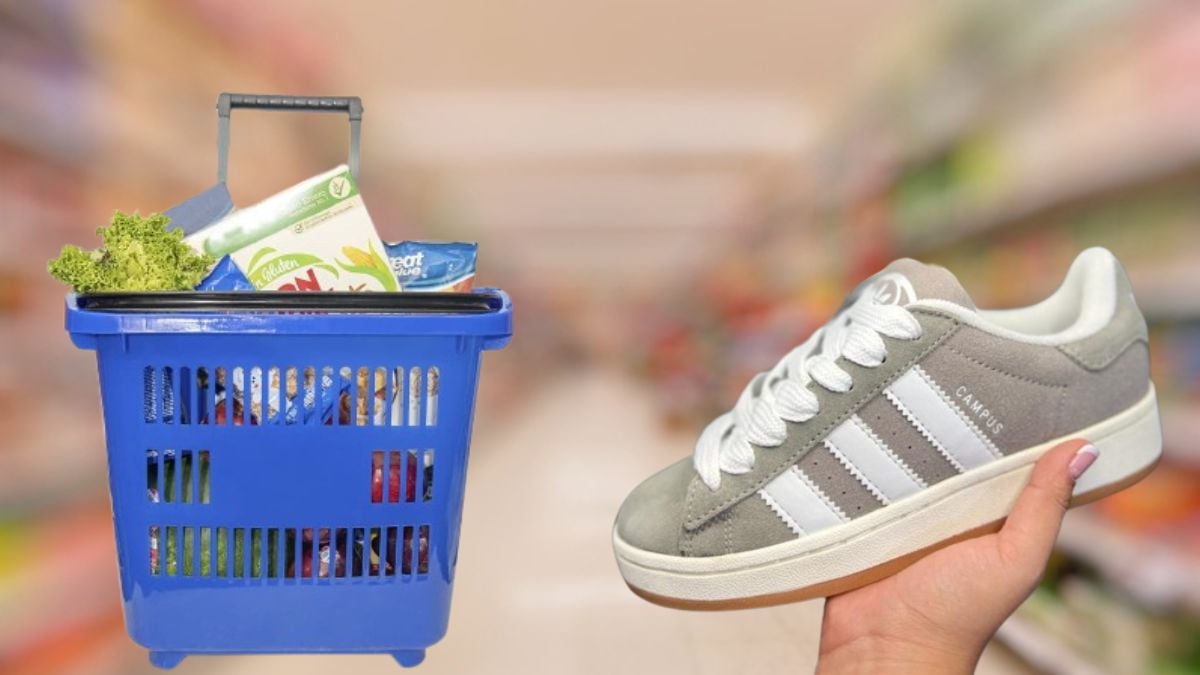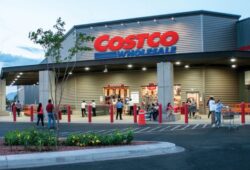
The tariffs recently imposed by U.S. President Donald Trump have affected various economic sectors not only abroad but also within the country. As a result, several companies have begun raising their prices for American consumers. Here’s a list of those companies so you can be prepared.
Which stores have raised their prices?
From supermarkets to sporting goods and toy stores, these are the retailers that have confirmed price increases so far:
- Walmart: The supermarket chain recently announced that, due to high tariffs, it will inevitably raise product prices by late May or early June.
- Shein: In April, the Chinese retailer stated that recent changes in international trade regulations and tariffs have increased its operating costs, which will translate into higher prices for consumers.
- Nike: The athletic footwear and apparel company announced that its price increase will take effect starting June 1, 2025.
ALSO READ Foot Locker announces the closure of more than 100 stores! When and where?
- Adidas: The company revealed that the price of all its products will rise for U.S. consumers, as a significant portion of its merchandise is imported from countries like China, Vietnam, Indonesia, India, and Cambodia.
- Target: The company also disclosed a pricing adjustment.
- Best Buy: Indicated that price increases for U.S. consumers are very likely, as suppliers are expected to pass on some of the tariff-related costs to the store.
- Mattel: Confirmed that both its iconic Barbie doll and other toys will soon see a price increase.
What are tariffs?
Tariffs are taxes imposed on imported goods. These tariffs benefit locally made products by giving them a competitive price advantage over similar imported goods. They also serve as a source of revenue for governments.
Why did Trump impose tariffs?
President Donald Trump has stated that tariffs are a key part of his economic strategy, aiming to promote manufacturing in the United States, protect jobs, increase tax revenue, and stimulate economic growth.
Trump seeks to revitalize and rebuild the U.S. manufacturing industry, which has lost many jobs over the past 40 years, largely due to the offshoring of labor to lower-wage countries like Mexico or China. Additionally, the president believes that the U.S. faces a significant trade deficit and that other countries are taking advantage by selling their products to American consumers.
Will supermarket prices rise due to the tariffs?
While it’s true that the United States produces and manufactures a large portion of its food, it also imports many products from other countries. According to the U.S. Consumer Federation, 15% of the country’s food supply is imported. Of that, 32% is vegetables, 55% is fruit, and 94% is seafood.
Because of this, economists have predicted a rise in prices for various products and foods. According to Thomas Gremillion, Director of Food Policy at the U.S. Consumer Federation, the standard 10% tariffs alone represent a truly historic federal tax hike, with a highly regressive impact. This, he said, will be a problem for consumers, whose purchasing power will be reduced.
ALSO READ White Castle launches new chicken sandwich! What does it include and when will it go on sale?
Which products will increase in price in the United States?
When going to supermarkets to shop, consumers will very likely see price increases on food products that are not produced—or are produced in very small quantities—in the U.S., such as:
- Bananas: Almost all are imported from Guatemala, Costa Rica, Ecuador, Colombia, and other countries.
- Coffee: Only Hawaii and Puerto Rico grow coffee, so it is imported from countries like Brazil, Colombia, and Vietnam.
- Olive oil: Although California produces some, nearly all of it is consumed from European countries.









